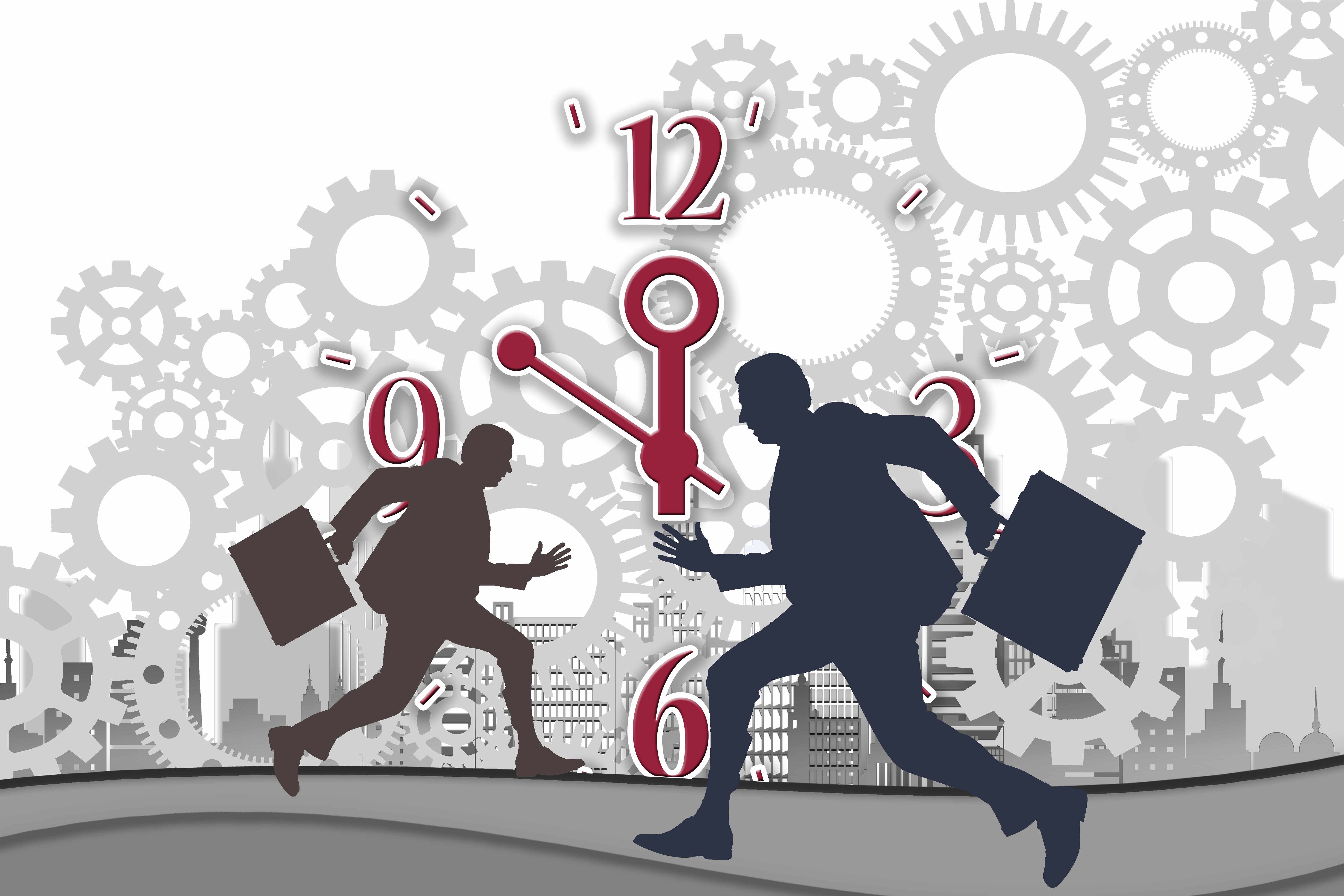A ubiquitous force
Stress is an unavoidable response phenomenon in the functioning of human body and need not always have a negative connotation; it requires effective management

I work in a senior position in a major MNC. I am outgoing, gregarious and fun-loving. Having accomplished well in my mid-forties, I am considered a strong suitor for heading my organisation soon. Recently my blood pressure readings have been all over the place. I have been losing a lot of hair and not sleeping too well. I have a loving and supportive family and I don't smoke or drink. My doctor believes that these are all strong indicators of underlying stress, however, I refuse to believe that I am stressed, since I like my work and life so much. Can this really be due to stress?
Stress is a word often thrown around loosely without comprehending it fully. This word sadly has a bad reputation in our society. Stress is just about any change in your environment that may require your body to react and adjust in its response. The body adapts and reacts to these changes with physical, mental, and emotional reflections.
Stress doesn't always have to have a negative connotation. Eustress is also called positive stress like getting a job promotion, taking up new responsibilities, getting married or having a baby. Here stress is protective because it keeps you alert and ready to avoid any mistakes.
A negative connotation to stress – also called distress — is when a person faces continuous challenges without relief. The affected person may also be faced with an unpredictable stressor. As a result, one can become overworked and the stress-related tension can build up.
Stress is common and according to some wellbeing surveys, as many as 82 per cent of Indians are stressed out.
How does stress affect us?
In 1946, Hans Selye proposed the General adaptation syndrome (GAS). This is the process of how your body responds to stress.
⁕ 1st stage (alarm reaction stage): During this stage, your body sends a distress signal to your brain. Chemicals are secreted, causing changes like elevated blood pressure and heart rate levels.
⁕ 2nd stage (resistance stage): This stage occurs when the stress has stopped and the body is trying to recover from the shock of the alarm reaction stage. During this stage, your body tries to thwart the changes that occurred during the reaction stage by employing the calming down or the parasympathetic nervous system. As a result, your body begins to lower your blood pressure and heart rate. It also reduces the amount of adrenaline and cortisol being produced.
Your body, however, remains on alert in this stage and can easily switch back to the reaction stage if the stressor persists.
⁕ 3rd stage (exhaustion stage): After a prolonged stress, your body takes a toll and the exhaustion stage occurs. Even if the stressor persists, your body is too tired and depleted to fight back. This becomes the riskiest stage of GAS since most individuals are prone to developing health conditions which can impact both physical and mental health.
Physical health impacts
⁕ Aches and pains that can't be explained
⁕ Palpitations, chest tightness
⁕ Sleep issues
⁕ Headaches, dizziness or shaking
⁕ Raised blood pressure, deranged blood parameters
⁕ Skin issues
⁕ Muscle tension or jaw clenching, teeth grinding
⁕ Stomach or digestive problems.
⁕ Trouble having sex
⁕ Weak immune system
Mental health impacts
⁕ Low mood leading to depression
⁕ Anxiety or irritability
⁕ Panic attacks
⁕ Trouble concentrating
⁕ Coping with strategies like drinking alcohol or drugs, smoking
⁕ Gambling, promiscuous sex, thrill-seeking behaviour
⁕ Changes in eating patterns
⁕ Smart phone or gaming addiction
Managing stress
Managing stress is not a one- size-fits-all technique. Each person has a different set of support systems, coping skills and life story.
⁕ Acceptance: Stress is ubiquitous. No one is immune to it. At some point in life the stress may take a toll on your health.
⁕ Identify your stressors: Notice what can be the common themes of your stress and observe if they are under your control.
⁕ Lifestyle management: Refuel yourself adequately by eating a balanced diet.
⁕ Exercise regularly: Move your body.
⁕ Relaxation techniques: Practice breathing exercises, muscular relaxation, guided visualisation and meditation.
⁕ Journaling: Express your feelings
⁕ Therapy
Stress management tips for busy professionals
With the paucity of time, try to pick up one habit and stick to it for the next six months or so. Even if it's as little as five minutes a day only. You can practice gratitude or mindfulness even on the busiest of the days. Prioritise yourself over everything else and your body will thank you in return.
Send your questions to [email protected]



